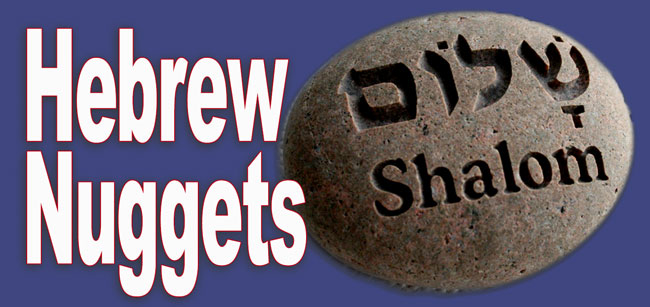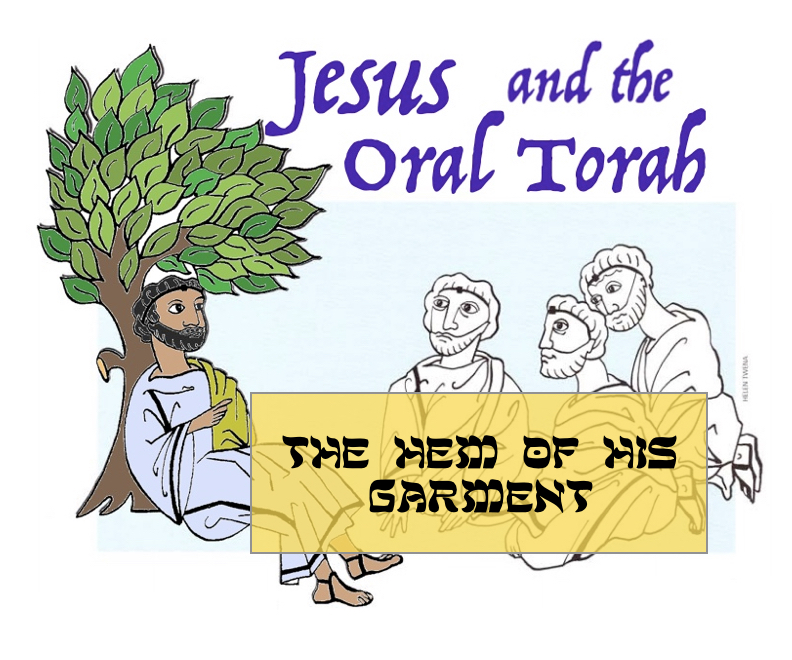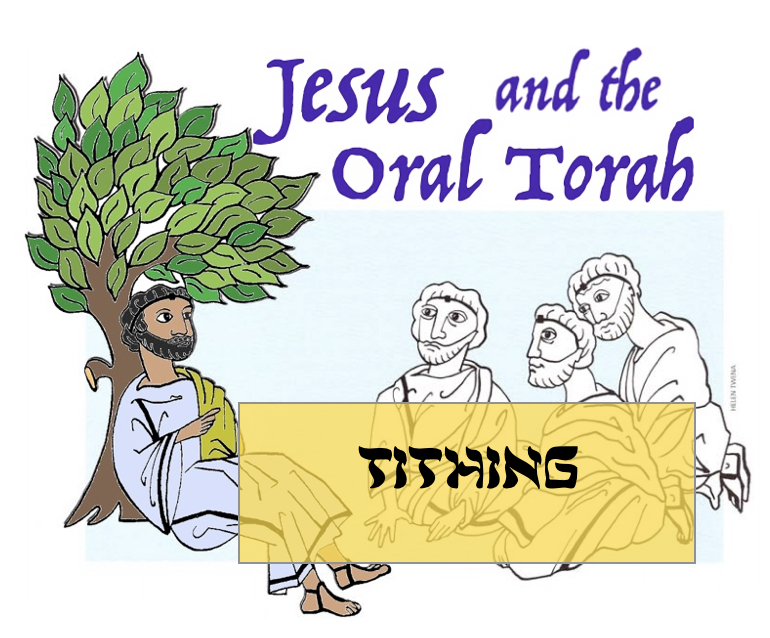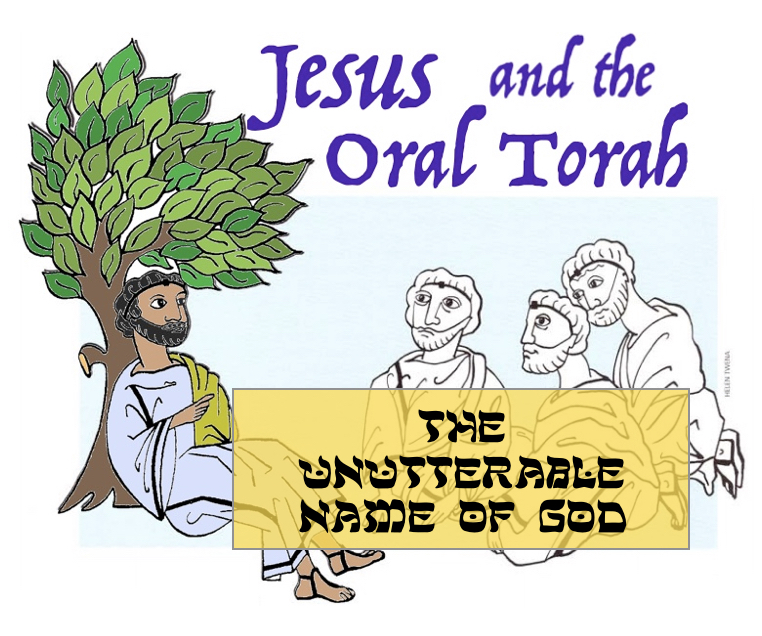Research by Robert L. Lindsey has helped clarify the process by which gospel texts were preserved and transmitted. Luke desired, he said in his prologue, to present to Theophilus an “orderly” account. Such ordering is to be noted in Matthew and Mark, as well. These attempts at ordering help us understand why so many of the synoptic gospel stories appear in a different chronological order from gospel to gospel.
The Traveling Sage
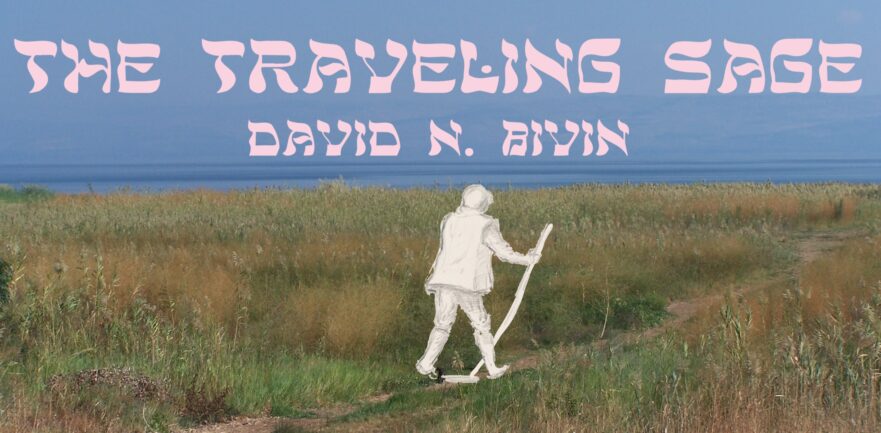
Jewish teachers of first-century Israel lacked the sophisticated methods of mass communication we have today. Consequently, the sages of Jesus’ day spent much of their time traveling throughout the country, much like the biblical prophets, to communicate their teachings and interpretations of Scripture.
Was Jesus a Rabbi?
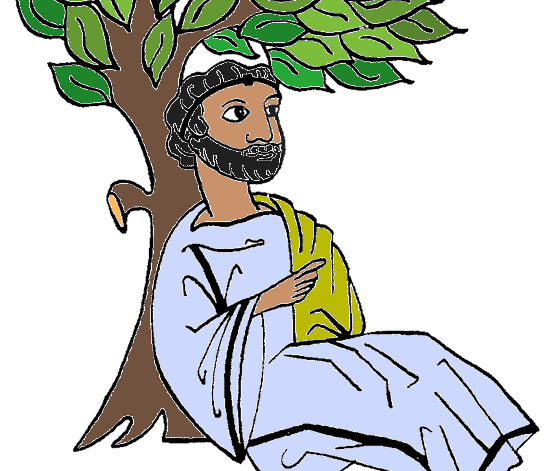
It was only after 70 A.D. that רַבִּי (rabi) became a formal title for a teacher, and thus cannot correctly be applied to Jesus.
The “How Much More” Rabbinic Principle of Interpretation in the Teaching of Jesus
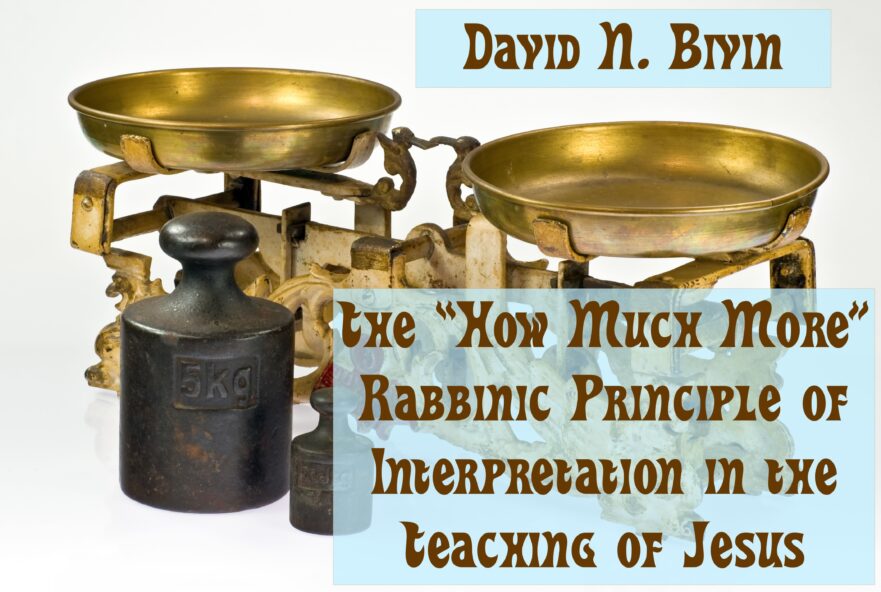
The use of simple-to-complex reasoning (kal vahomer in Hebrew) is as frequent in the teaching of Jesus as in the teaching of the sages.
How Long Was Jesus in the Tomb?
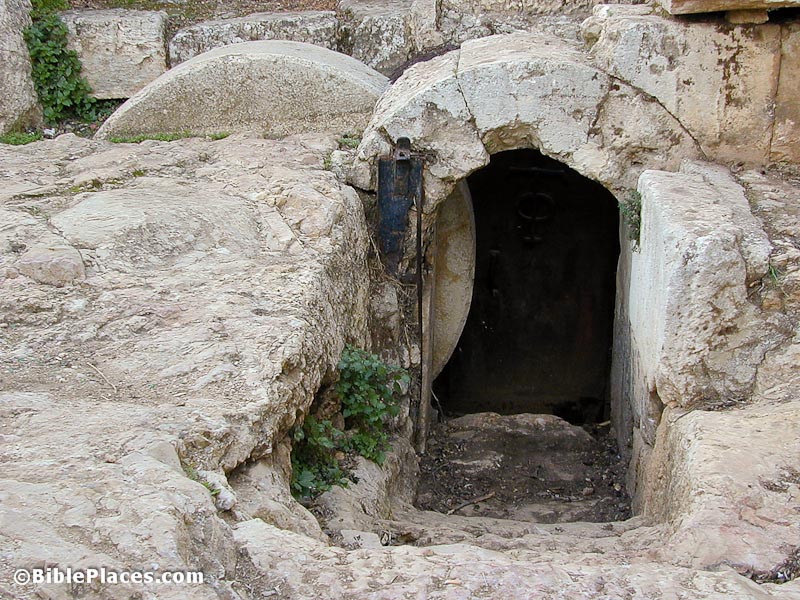
Jesus said he would remain in the grave until the third day after his death. If Jesus was buried on late Friday afternoon, how long would he have had to remain in the tomb to fulfill his prophecy about his resurrection?
The Queen of Teman

Why didn’t Jesus say “Queen of Sheba,” which is found in the Bible, instead of “Queen of the South”?
Matthew 5:17: “Destroy” the Law
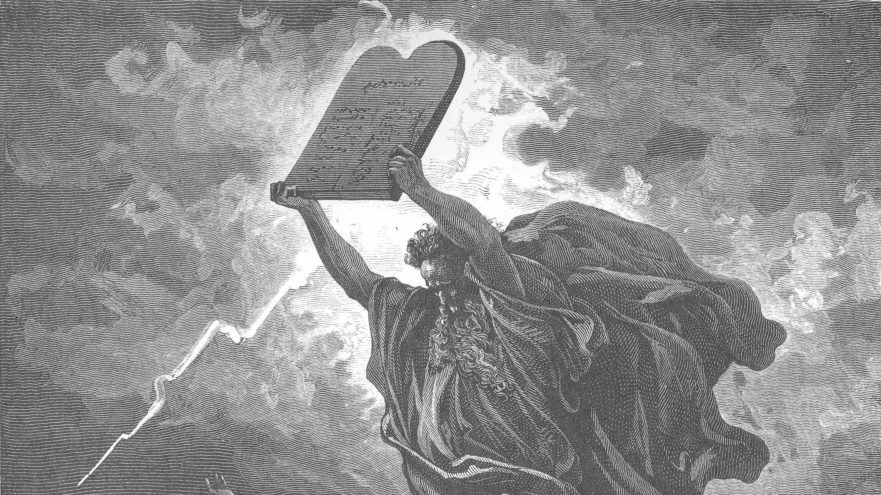
When a sage felt that a colleague had misinterpreted a passage of Scripture, he would say, “You are canceling (or, uprooting) the Torah!” In other words, “You are so misinterpreting Scripture that you are negating or canceling part of it.” Needless to say, in most cases, his colleague strongly disagreed. What was “canceling” the Torah for one teacher was “fulfilling” it for another.
The Syndicated Donkey
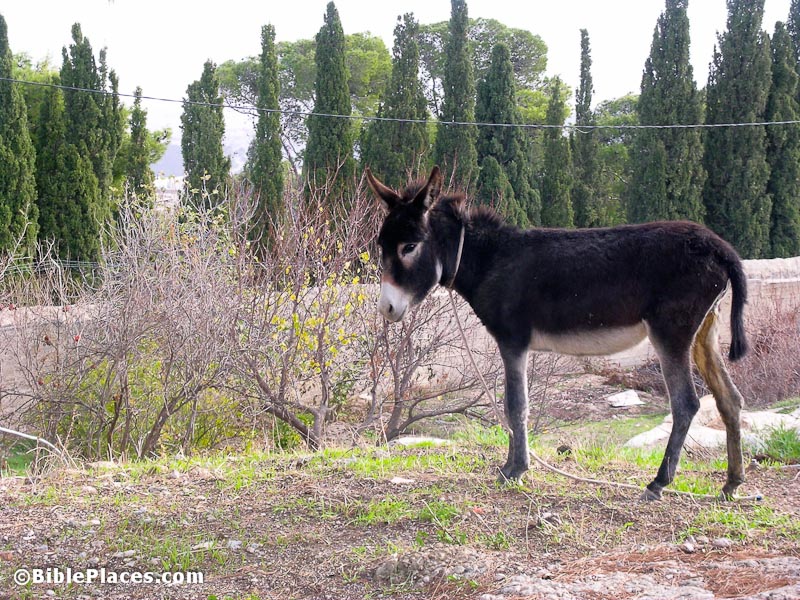
Randall Buth may have discovered a significant idiom in the Greek text of Luke. This idiom could help us in determining the original language of Jesus’ biography. In Luke 19:33, did the donkey that Jesus rode into Jerusalem on Palm Sunday have more that one owner as the Greek text states?


